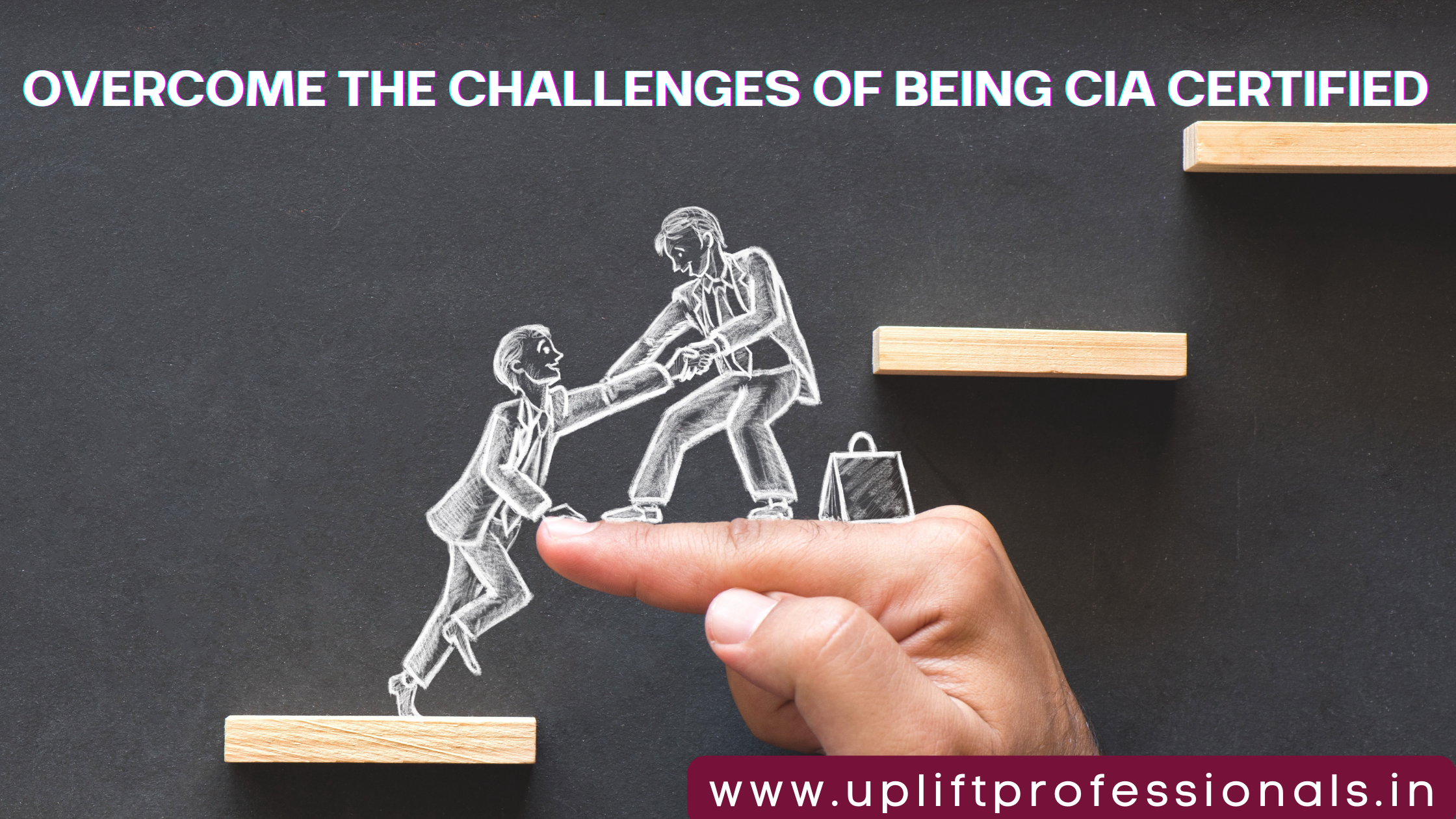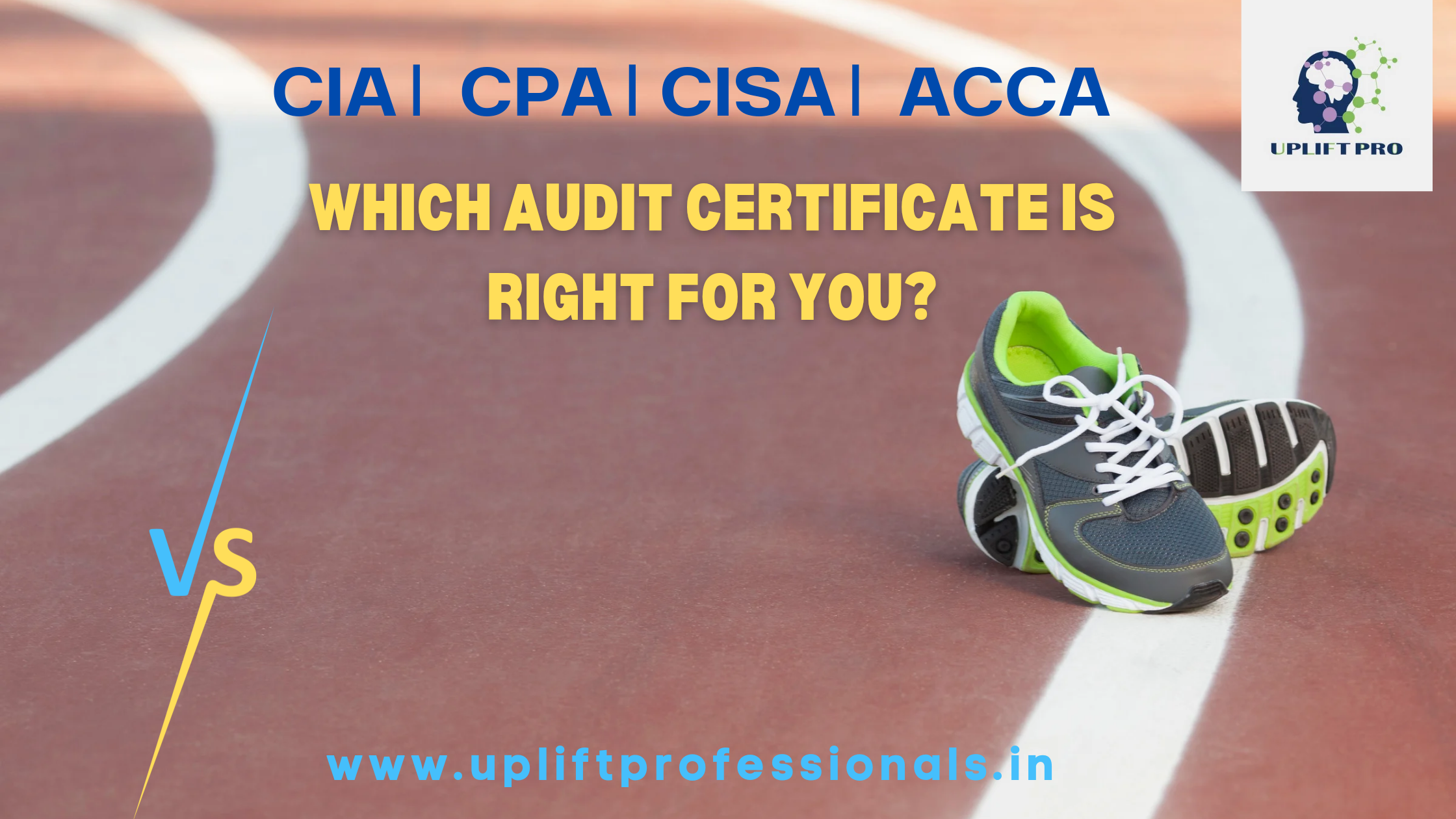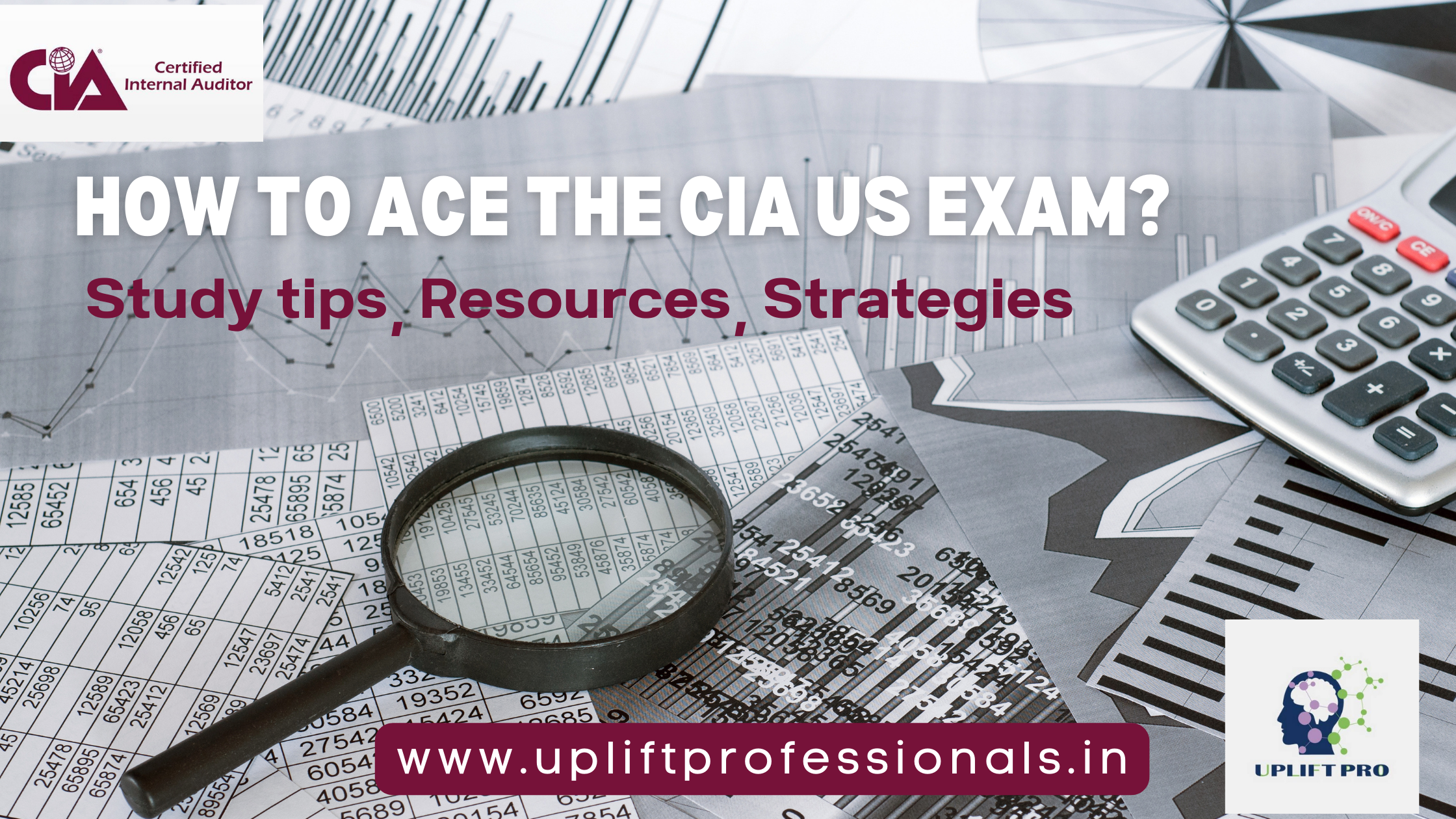Why CIA is Important for Auditing?
The Certified Internal Auditor (CIA) designation is important in auditing for several reasons: 1. Professional Competence: The CIA designation signifies a high level of competence and expertise in internal auditing. Holders of the CIA designation have demonstrated their knowledge and skills in areas such as risk management, internal controls, governance, and fraud detection. 2. Global […]




